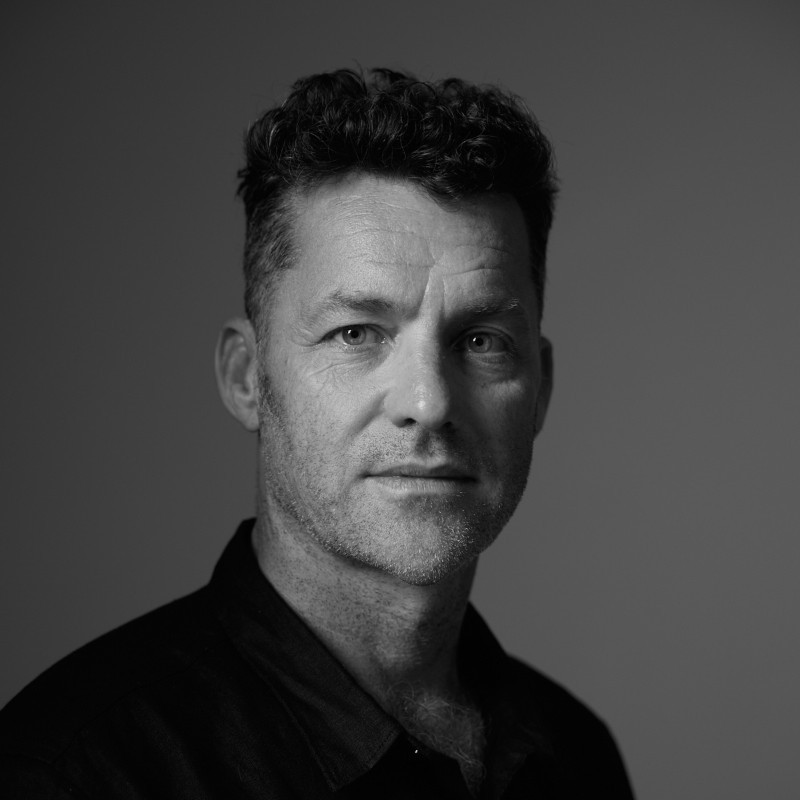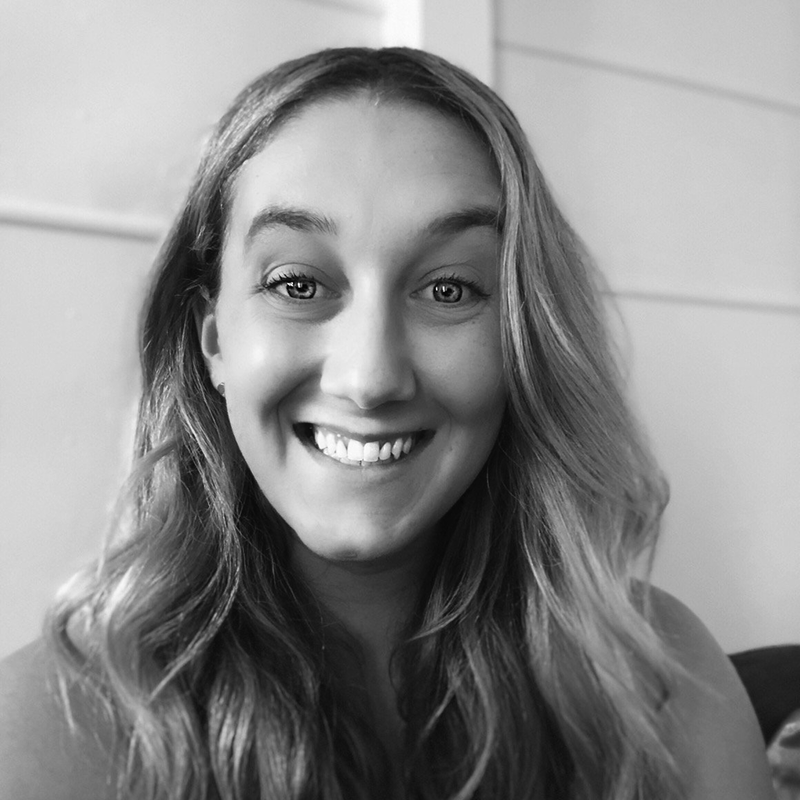
ASKING FOR A FRIEND
How do I share my ADHD diagnosis with my manager?
ASKING FOR A FRIEND - QUESTION
Deciding whether to disclose a mental health diagnosis at work is one of the most personal and challenging decisions many creatives face. If you've recently received a diagnosis like ADHD and are wondering how—or even if—you should share this with your team and manager, you're navigating complex territory that affects both your wellbeing and career.
This question was answered by Aimee Davies – Mental Health Educator and Counsellor who combines therapeutic skills with creative industry experience through The Hey Mate Project, offering specialised support to creative professionals. The conversation was facilitated by Andy Wright – Host, founder of Never Not Creative and CEO of Streamtime, who champions workplace wellbeing in the creative industry.
This is entirely your personal decision
"Firstly this is a personal decision there's no clear-cut answer and it's definitely not always a one-size-fits-all," Aimee emphasises. Whether you choose to share your mental health diagnosis with your manager is completely up to you, and there's no right or wrong approach that works for everyone.
The key is understanding your own motivations and circumstances. How do I share my mental health diagnosis with my manager becomes less daunting when you're clear about your reasons for considering disclosure in the first place.
Understanding your 'why' is crucial
Before having any conversations about your diagnosis, Aimee suggests examining your motivations: "If you were going to have these conversations with your manager it might be knowing the why behind you want to have these conversations or why you'd want to let them know."
Your reasons for sharing might include wanting to "ask for accommodations that can support you with working flexibility," seeking to "be better understood," or creating "a sense of safety around yourself in the workplace." Conversely, concerns about safety might also be why you choose not to share.
Understanding whether you want to share your mental health diagnosis with your manager—and why—will guide how you approach any potential conversations.
Frame it around your needs and how you'll thrive
If you decide to disclose your diagnosis, Aimee recommends focusing on practical outcomes: "You do want to make sure that you frame it around your needs and how you're going to thrive so what is it that you need from your workplace in order to thrive."
This approach shifts the conversation from limitations to solutions. Consider "identifying how you're not thriving currently and what it is in practice that you will put in place but maybe accommodations or things that you might want your workplace to be aware of."
Know your rights and legal protections
Aimee provides important context about workplace protections: "ADHD is recognised under the Disability Discrimination Act of 1992 which means your workplace is legally supposed to make reasonable adjustments to you if you disclose and ask for support."
This legal framework means that when you share your mental health diagnosis with your manager and request accommodations, your employer has obligations to support you with reasonable adjustments.
Practical accommodations you might request
The accommodations you might need will depend on your specific diagnosis and how it affects your work. Aimee mentions several possibilities: "Whether that be flexible hours or breaks... getting up and walking and processing is something that they like to work with... it could be task management support it could be written follow-ups after meetings and things like that it could be things like noise management as well so whether it's the office noise management or noise cancelling headphones."
These adjustments aren't about limitations—they're about "getting insight on how you like to work and how you can thrive and better to understand how your brain works for you to thrive."
It's about understanding your superpowers
Andy shares Streamtime's positive experience: "We've done neurodivergence coaching at Streamtime and it was the best thing ever to help the team understand each other and the way we work has just changed quite a bit as a result and everyone can bring to the table what they can bring."
He emphasises that accommodating different ways of working isn't burdensome: "I think often you know it gets a bit of a rap for like oh no this is going to be too hard if someone's got you know a diagnosis but actually it's just learning how to use their superpowers and how to get the best out of them and and to be honest that's that's a challenge you would have with anyone."
Consider professional support
Aimee suggests that deciding how to share your mental health diagnosis with your manager "might be even something that you might talk through with a clinician or someone you're working with to help manage your ADHD or if you're neurodivergent."
Professional guidance can help you think through the decision, prepare for conversations, and develop strategies that work for your specific situation.
You're not lacking in ability
Remember that seeking accommodations or sharing your diagnosis isn't about deficiency. As Aimee puts it: "Absolutely none of this is lacking in any way on your ability it's just sort of how do we make the most of ourselves and you then have a better insight of how you can work."
Whether you choose to share your mental health diagnosis with your manager or keep it private, both decisions are valid. If you do decide to disclose, focus on your needs, know your rights, and remember that good workplaces want to help their people thrive. The goal isn't just accommodation—it's about creating an environment where you can do your best work while maintaining your wellbeing. Trust yourself to make the decision that feels right for your circumstances.
our guests
Industry Leader

Simon Lee
Enigma
Mental Health Expert

Aimee Davies
The Hey Mate Project
Host

